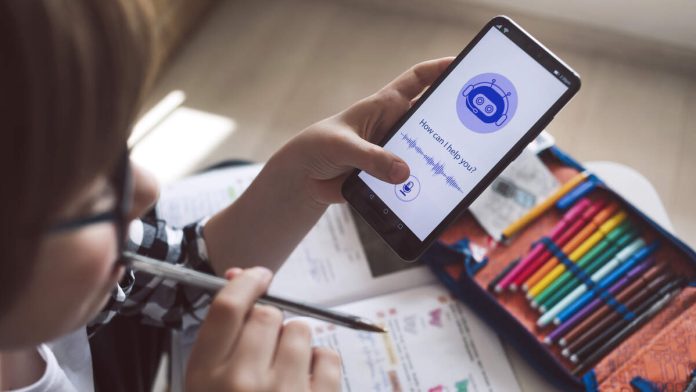A high school English teacher in the Los Angeles Unified School District recently noticed a surprising trend: students who had struggled all semester were suddenly acing their tests. The teacher, Dustin Stevenson, suspected cheating but couldn’t pinpoint how it was happening until a student revealed the use of the latest version of Google Lens. This AI-powered tool, integrated into the Chrome browser, allows users to highlight text and receive instant explanations or interpretations, providing an easy way for students to cheat on digital tests without leaving the page.
Google Lens, originally launched in 2017, has evolved significantly, now offering advanced features that pose challenges for maintaining academic integrity. The tool’s integration into Chromebooks, which are widely used in California schools, has made it accessible to millions of students. According to CalMatters, many teachers, including William Heuisler, have expressed concerns about the impact of AI on student learning. Heuisler, a high school ethnic studies teacher, decided to revert to traditional teaching methods, using pencil and paper, to combat distractions and potential cheating.
The widespread use of AI in classrooms has sparked debates about its role in education. A study by the Massachusetts Institute of Technology found that students using AI for essay writing showed significantly less cognitive activity compared to those who didn’t rely on AI. This has led to concerns about students not developing essential skills like critical thinking and writing. Palo Alto Online reports that over 70% of teachers worry about the authenticity of student work due to AI tools.
Despite these concerns, AI remains prevalent in education. Teachers use it for organizing lesson plans and grading, while students use it for research and brainstorming. However, policies regarding AI use vary widely. The California Department of Education provides guidance but no strict requirements, leaving schools and teachers to set their own rules. This lack of consistency creates confusion about what constitutes cheating, as highlighted by Alix Gallagher from Policy Analysis for California Education.
In response to these challenges, some educators, like Hillary Freeman from Piedmont High School, have implemented strict policies against AI use for assignments. Freeman allows AI only for specific tasks, emphasizing the importance of developing reasoning and problem-solving skills. However, detecting AI use remains a challenge, requiring additional effort from teachers.
Google, meanwhile, has no plans to remove Lens from its Chrome browsers on school-issued laptops, although it is testing various levels of accessibility. The company recently paused a “homework help” Lens shortcut in response to user feedback. As schools navigate the integration of AI tools, the need for clear policies and training for teachers becomes increasingly important to ensure students develop essential skills and maintain academic integrity.

Recent Comments